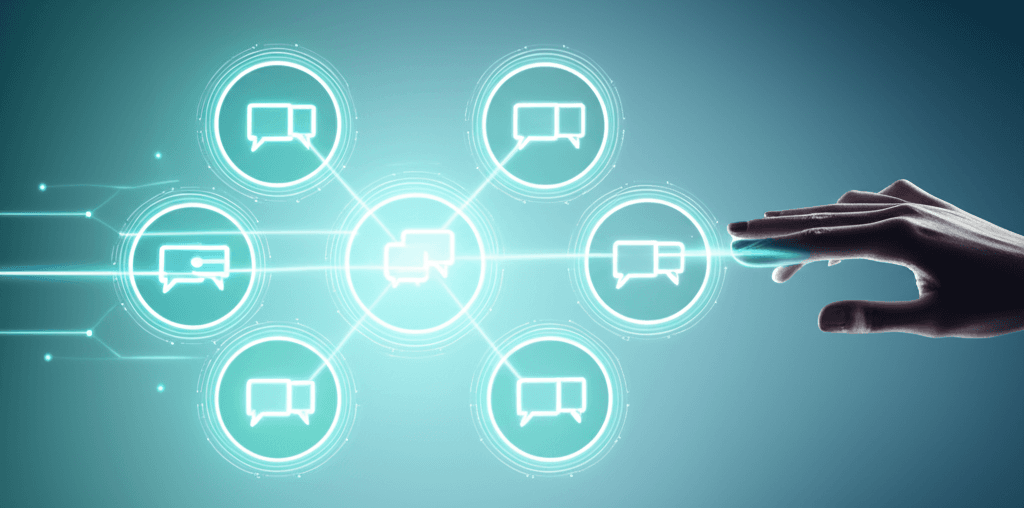Anthropic's Claude Gains Memory, Prioritizing User Control and Privacy
Claude's new memory feature enhances user continuity, offering transparency and control that redefines AI personalization.
August 12, 2025

Anthropic's flagship AI assistant, Claude, has introduced a significant new capability that allows it to reference a user's past conversations, a move that enhances continuity and personalization in the highly competitive AI chatbot landscape. The feature, announced in August 2025, aims to solve a common user frustration: the need to repeatedly provide context in new conversations. With this update, Claude can retrieve and utilize information from previous chats, enabling it to seamlessly pick up projects, recall details from earlier discussions, and build upon ideas over time. This development positions Anthropic to better compete with rivals like OpenAI's ChatGPT, which has already implemented its own version of a memory function. The company stated its goal is to help users "never lose track of your work again," allowing for a more fluid and efficient workflow across its web, desktop, and mobile platforms.
The implementation of Claude's memory is notably distinct from its primary competitor, ChatGPT. Instead of automatically absorbing information from all interactions to build a persistent user profile, Claude's memory is designed to be more explicit and user-directed. The feature works by searching a user's chat history when specifically prompted.[1][2] For example, a user returning from vacation could ask Claude to summarize their previous work, and the AI would then search past chats to provide a summary and ask if the user wants to continue.[3][4][5] This approach is being lauded by some users for its transparency.[6] The system shows which previous chats it is referencing, giving users clear insight into how it's accessing past information, a contrast to what some perceive as a more opaque "generic 'memory'" in other systems.[6] This user-initiated search and reference model is a core component of Anthropic's safety-first design philosophy, aiming to give users greater control over their data and the AI's behavior.[7]
From a functional standpoint, the memory feature is integrated across Claude's various platforms and is designed to keep different contexts separate, such as distinguishing between professional projects and personal chats.[8][9] Initially, this capability is being rolled out to subscribers of the paid Max, Team, and Enterprise plans, with promises to extend it to other tiers in the future.[1][8][4] Users in eligible tiers can activate the feature through their profile settings by toggling on "Search and reference chats."[1][9] While ChatGPT allows users to predefine background information, Claude's method infers context directly from the conversation history as needed.[8] This technical difference underscores a broader philosophical divergence in how AI companies are approaching personalization and privacy. Anthropic's method is more reactive and controlled, while OpenAI's is more proactive and automated, saving all conversations to personalize future responses unless the user opts out.[2]
The introduction of memory capabilities into leading AI models signifies a pivotal shift in the industry, moving from stateless, single-session tools to more adaptive, long-term companions.[7] This evolution aims to eliminate the "copy-paste hell" and context window limitations that have frustrated users working on extended projects.[6] The ability for an AI to recall preferences, facts, and the history of a project is a significant quality-of-life improvement that makes the assistants more practical for complex tasks in software development, research, and content creation.[8][10] However, this advancement is not without its challenges and concerns. The core tension lies in balancing personalization with privacy.[7] Anthropic's opt-in, transparent, and editable memory system is a direct attempt to address these privacy concerns head-on.[7] The company emphasizes that it is not building secret dossiers on its users, a point clarified by a company spokesperson.[9] Despite these assurances, some users have raised questions about how data from even deleted conversations might persist, highlighting the complexities and potential pitfalls of AI memory.[11]
In conclusion, Anthropic's decision to equip Claude with a memory function is a critical step in maintaining its competitive edge and enhancing the user experience. By adopting a transparent, user-controlled approach, Anthropic is not only improving its product but also making a clear statement about its commitment to AI safety and user privacy.[7][12][13] This feature directly addresses the practical need for continuity in AI interactions, allowing for more sophisticated and long-term projects.[8] As users become more reliant on AI assistants for both personal and professional tasks, the debate over how these systems remember and utilize personal information will undoubtedly intensify. Claude's carefully designed memory feature offers a compelling alternative in this ongoing discussion, emphasizing user agency in an era of increasingly autonomous and personalized artificial intelligence. The success and user reception of this implementation will likely influence future developments in AI memory across the industry.